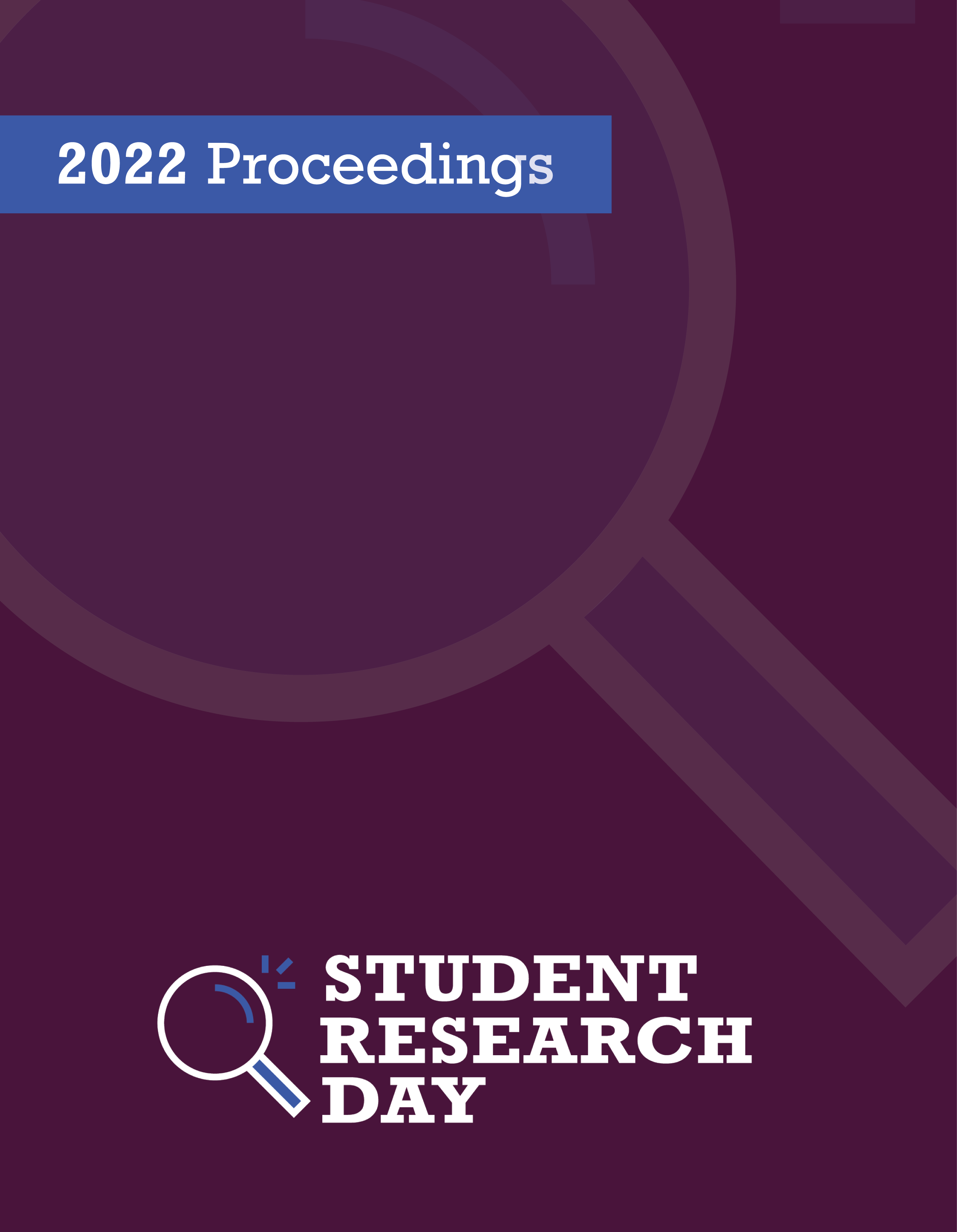Equity, diversity, and inclusion in early learning and childcare frameworks across Canada
Abstract
Equity, diversity, and inclusion (EDI) in early learning and childcare frameworks across Canada The discussions about equity, diversity, and inclusion (EDI) have reached many different settings throughout Canada, such as educational, professional, and social. Researchers, policymakers, and educators can support, promote, and guide this discussion by combining research and practices. Early learning frameworks serve as a guide for many educators in Canada. This study investigated how early childhood curriculum frameworks acknowledge and suggest applying EDI in early childhood environments. In addition, a preliminary analysis focused on the terms regarding EDI and their use in ten provincial early learning frameworks.
Some of our guiding research questions were:
- How does the framework indicate equitable, diverse, and inclusive practices and perspectives?
- What are the terms used to express equity, diversity, and inclusion?
- Does the curriculum have a separate section to discuss equity, diversity, and/or inclusion? If so, what might that mean?
- Is there any difference between the use of explicit and implicit language within the curriculum? If so, how?
We found that certain curriculum frameworks, such as Manitoba’s, allocated a major section on EDI, while others (e.g., FLIGHT in Alberta) explored the concepts throughout the document.
Some other findings of this study included the differences between the use of the terms “equity,” “diversity,” and “inclusion” explicitly and implicitly. To conclude, exploring EDI through early learning and care frameworks can help educators be aware of the Canadian socio-cultural context they live in and employ responsive, meaningful, and respectful practices for and with children, families, and communities.
Department: Human Services & Early Learning
Faculty Mentor: Dr. Ozlem Cankaya
References
Published
Issue
Section
License
Authors retain any and all existing copyright to works contributed to these proceedings.



